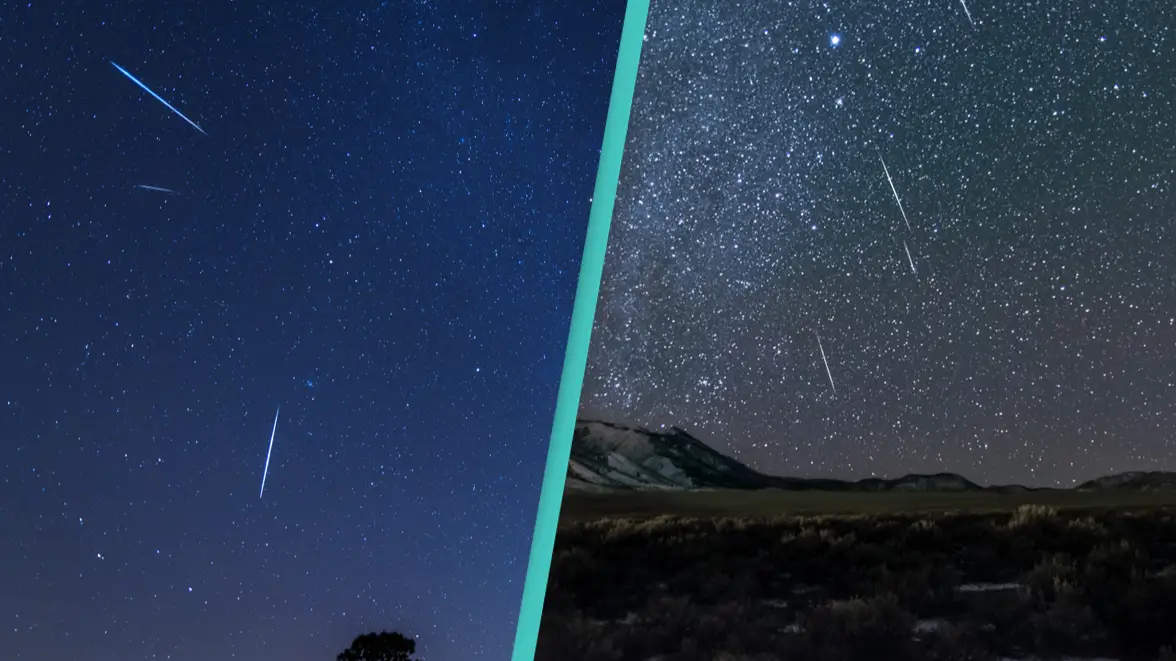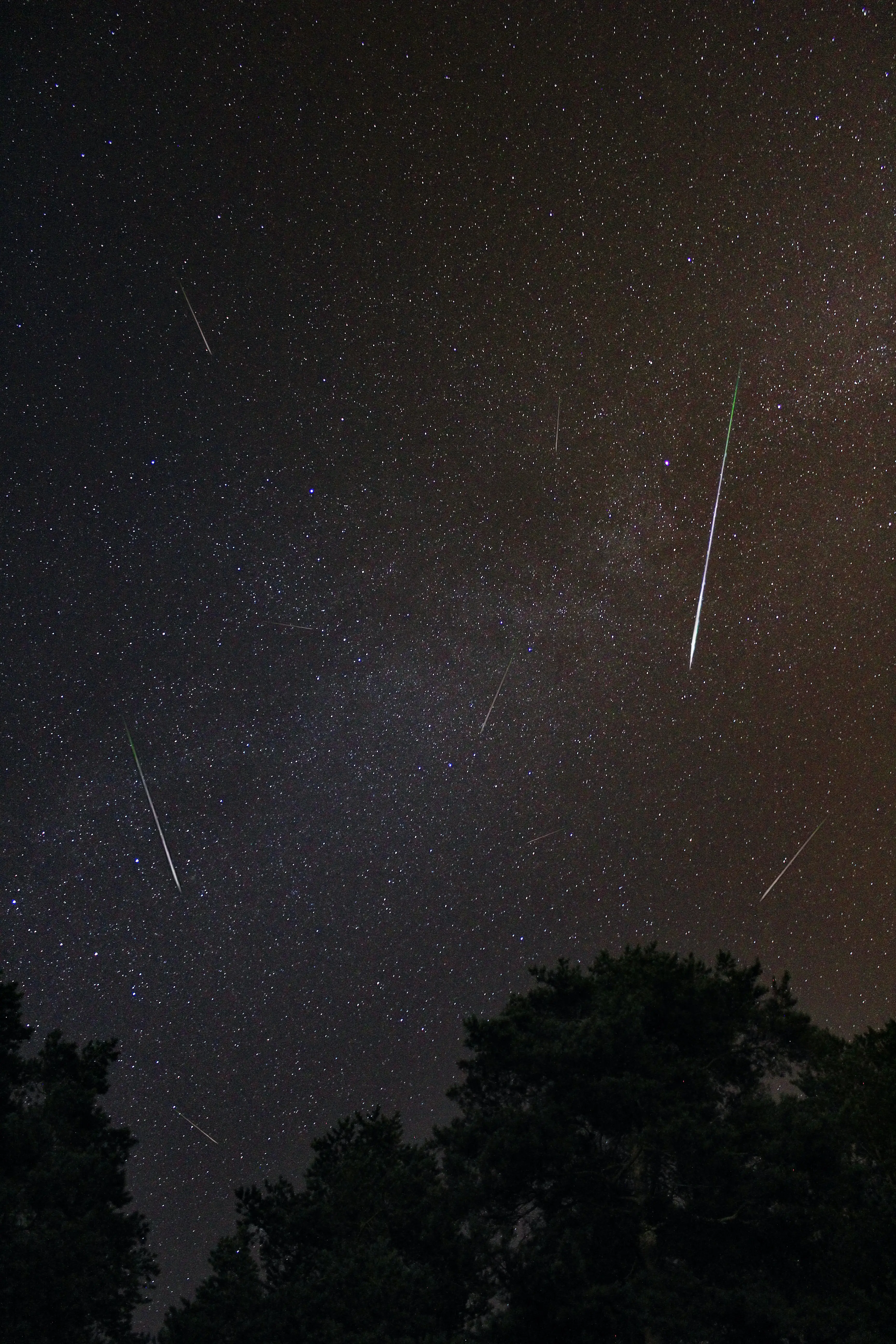
The 'best meteor shower of the year' is set to streak across the sky later this week. Here's how you can get a good view of it.
The Geminid meteor show is considered to be one of the year's most reliable, occurring every December when Earth passes through a trail of shooting star-like debris shed by the 3200 Phaethon asteroid.
This year's Geminid meteor shower is expected to be at its peak tomorrow (December 13) and, with mostly clear skies expected over much of the US, astronomers say it could be the best cosmic show in years.
Advert
It will outshine both last month's Leonid shower and the Perseid meteor shower that happened in August, according to space.com, with various colors set to be visible depending on what chemicals make up the meteors.
"The forecast looks very favorable, and that is everything," Bart Fried, executive vice president of the Amateur Astronomers Association in New York, told ABC News.
Depending on where you live, Fried says that viewers will be able to see up to 120 meteors per hour.
Those in rural areas will get the best view, but even those in brightly lit areas like New York City can expect to see 20 to 30 meteors per hour, or one every two to three minutes.
And, on top of optimal weather conditions, skywatchers won't have to worry about the moon getting in the way.

With a New Moon due tonight (December 12), it'll be at just one percent during the meteor shower's peak between 10pm ET on Wednesday and 1am on Thursday.
As for how to get the best view?
"In terms of light pollution, you want to go to the darkest sight you can find," Fried says.
"Do not bother with binoculars or telescopes. This is absolutely a naked-eye event. Relax your eyes. Let your peripheral vision do the work."
He also recommends sky-gazing from a park or beach as you'll want to be somewhere with a 'good horizon.'
"You don't want to be surrounded by tall trees. You don't want to be surrounded by tall buildings," he explains.
But, experts recommend keeping one thing in mind on your stargazing adventures: wrap up warm!
At this time of year, meteor watching can be a long, cold business as you wait and you wait for them to appear.
Fried suggests dressing in warm clothes and bringing a lawn chair 'because you're going to be sitting still for a while.'
Happy stargazing!
